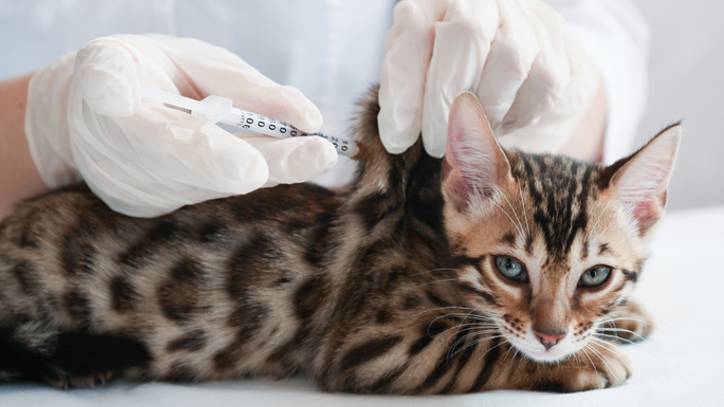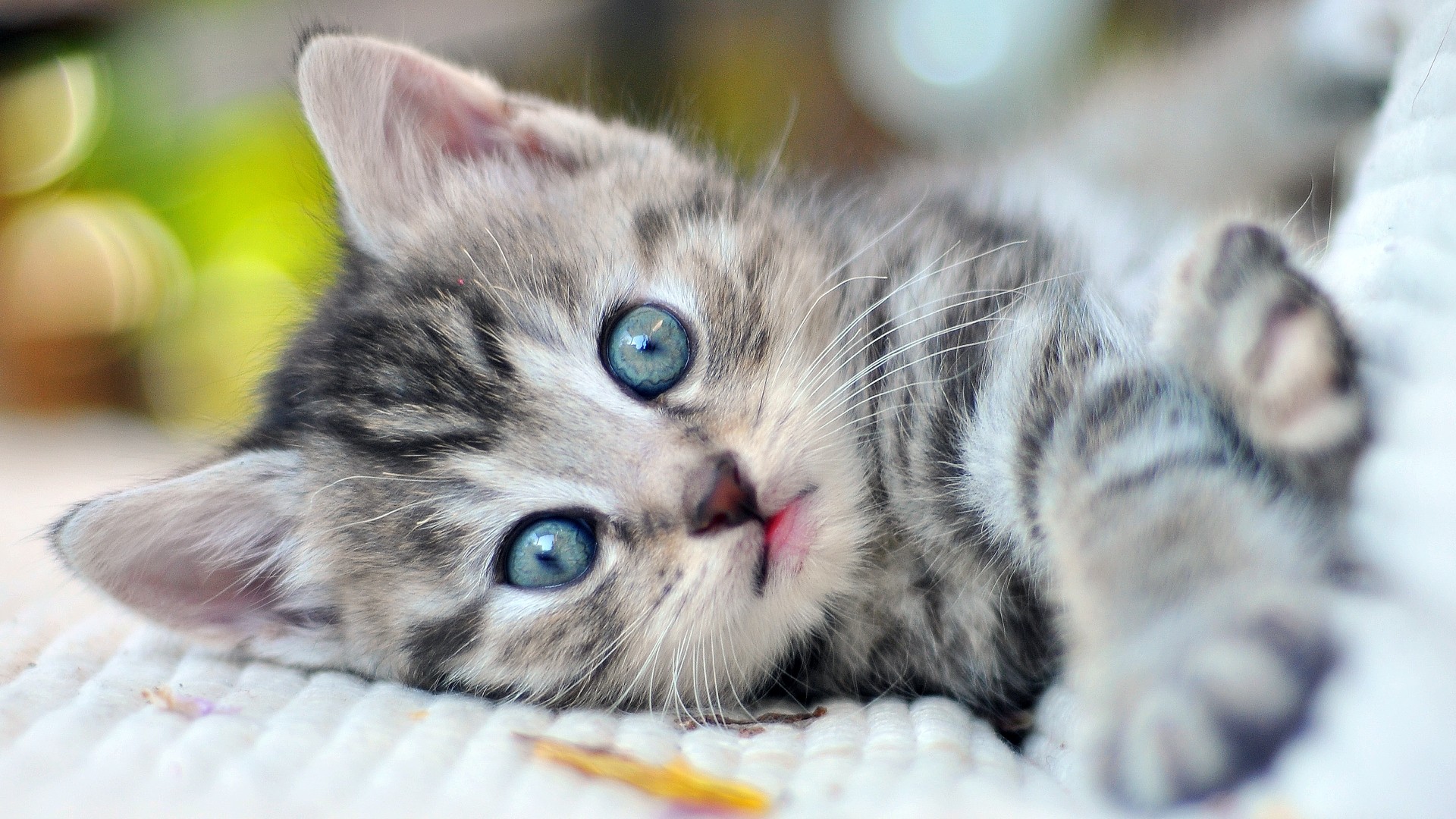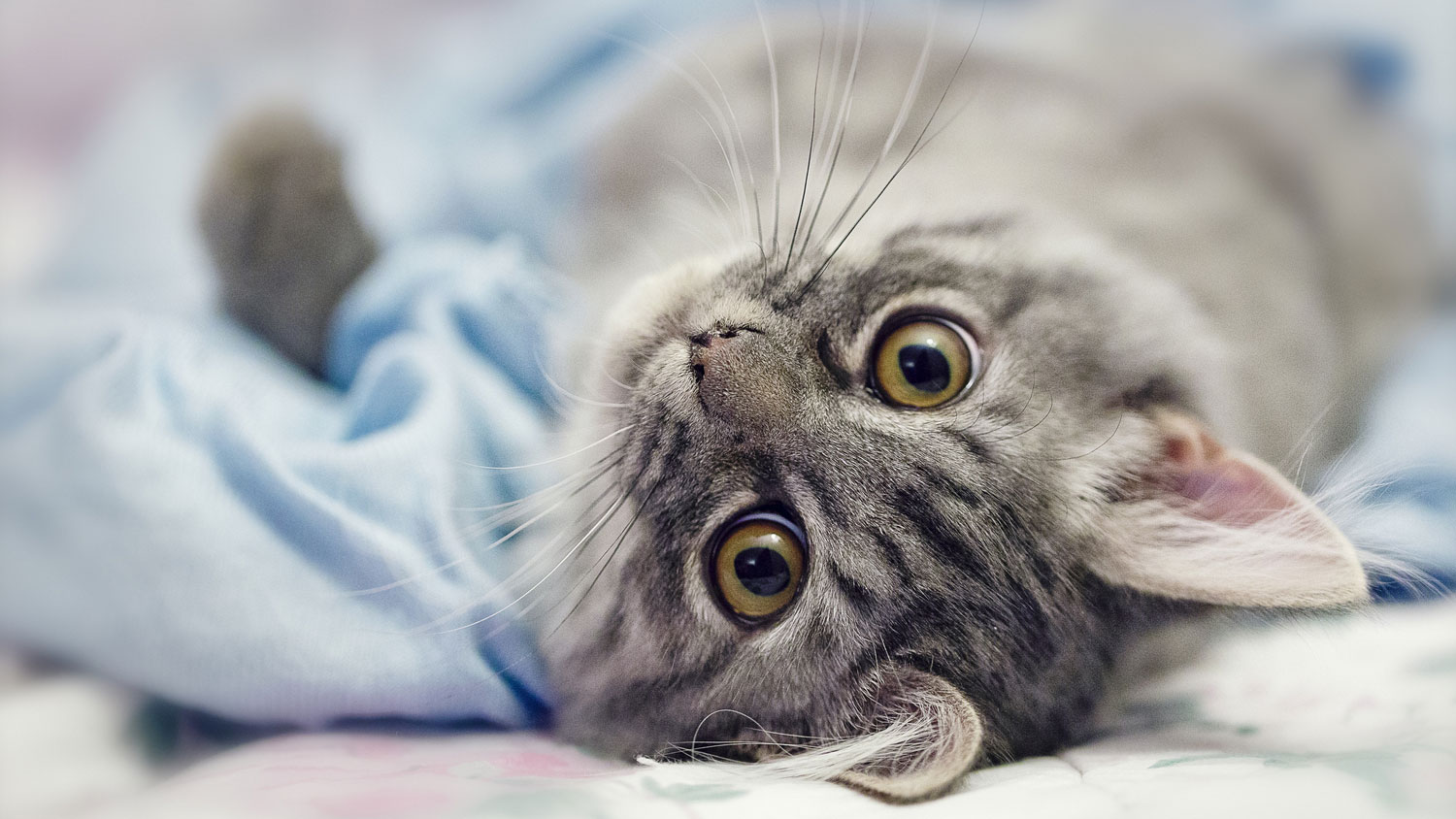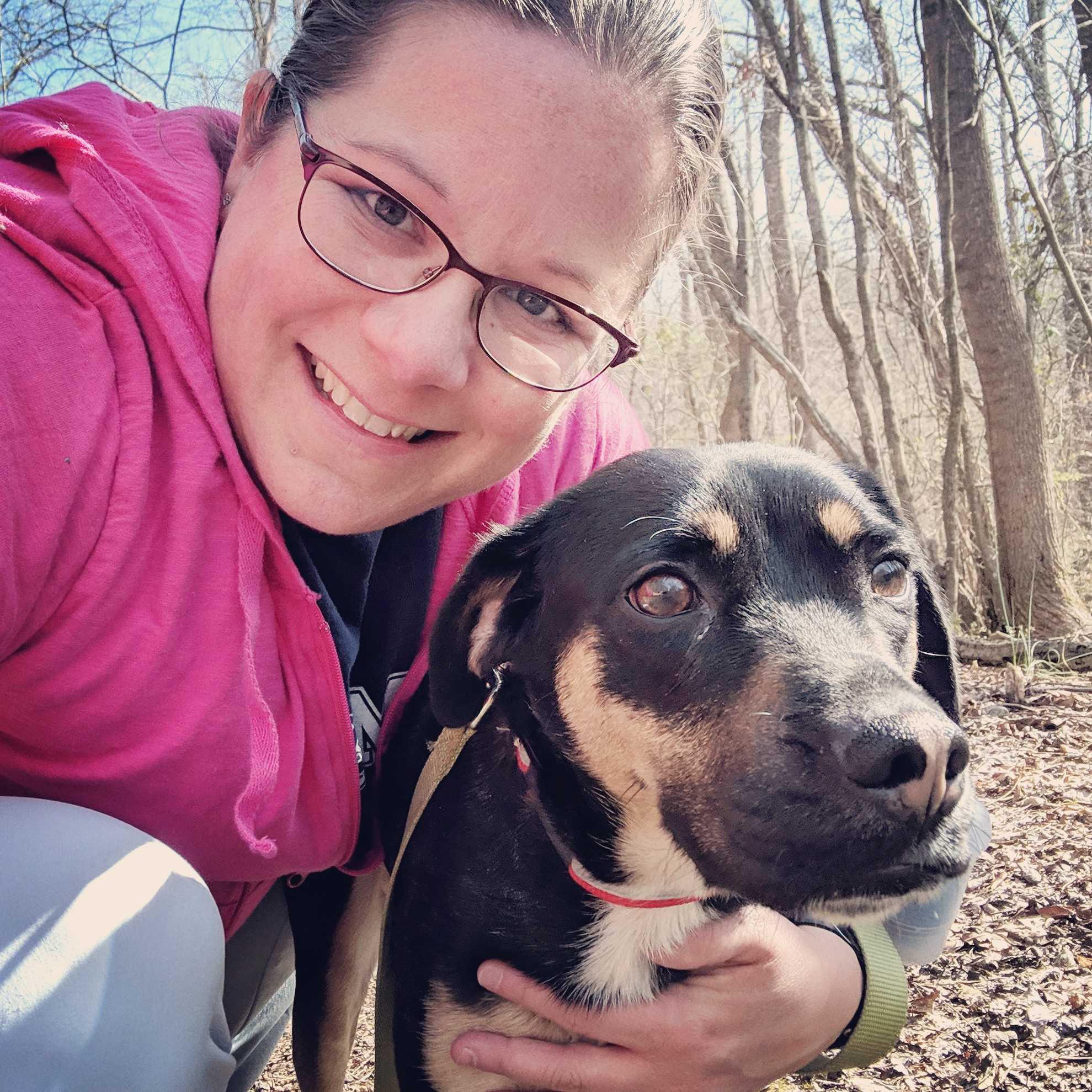What is the FVRCP vaccine for cats? Vet's guide to uses and side effects
The FVRCP vaccine is strongly recommended for all cats. Learn why in this article

The FVRCP vaccine for cats is one of two core vaccines that is recommended for every single pet cat, regardless of their lifestyle. (Rabies is the other core feline vaccine.)
Why is FVRCP regarded as one of the most essential cat and kitten vaccinations?Because it protects against three common viral illnesses that can have significant health impacts on unvaccinated cats.
The risks associated with these infections far outweigh the small risk of side effects associated with vaccination. Therefore, the feline vaccination guidelines (established by the American Association of Feline Practitioners and the American Animal Hospital Association) recommend this vaccine for all kittens and adult cats.
What does the FVRCP vaccine protect against?
The FVRCP vaccine protects against three serious viral illnesses in cats: feline viral rhinotracheitis, calicivirus, and panleukopenia.
All three of these viruses can cause serious infections, and all three viruses can potentially be fatal.
- Feline viral rhinotracheitis: This herpes virus is a common cause of upper respiratory infections in cats. Common signs of rhinotracheitis include sneezing, runny nose, watery eyes, and fever. In some cases, cats with rhinotracheitis develop secondary infections that can severely impact their breathing. In rare cases, infection can be life-threatening. As a herpes virus, rhinotracheitis causes lifelong infections; signs of illness may recur anytime the cat is stressed.
- Feline calicivirus: This is another common upper respiratory virus in cats. In most cases, the signs of feline calicivirus are similar to the signs seen with feline viral rhinotracheitis. Less common signs may include sores in the mouth, joint swelling, and limping. Some strains cause a highly virulent disease that is often fatal.
- Feline panleukopenia: Also known as feline distemper, this virus attacks a cat’s gastrointestinal tract and immune system. Affected cats develop vomiting, diarrhea, and secondary infections. Less than 50% of cats infected with panleukopenia survive the infection.
There is no cure for feline viral rhinotracheitis, feline calicivirus, or feline panleukopenia.
Infected cats may receive antibiotics to treat secondary bacterial infections and medication to control the symptoms of disease, but these viruses can only be cured through the actions of your cat’s immune system.
Get the best advice, tips and top tech for your beloved Pets
Vaccination helps prime your cat’s immune system to react quickly to infection and is recommended for all kittens and adult cats.
For more tips on preventing disease and keeping your kitten healthy, see our kitten care tips.

Side effects of FVRCP vaccine
Most cats tolerate vaccines well, with minimal side effects. However, just like when we humans get a flu shot, side effects can occur.
The most common side effects in cats include lethargy, decreased appetite, soreness at the injection site, and fever. These effects are typically mild and short-lived. In fact, less than 1% of cats experience side effects that prompt their owner to contact the veterinarian.
In rare cases (less than 1 in 2,000 cats) a more severe allergic reaction may occur to vaccination. Vomiting, diarrhea, facial swelling, and generalized itching may indicate an allergic reaction. If you observe these signs in your cat after vaccination, contact your veterinarian immediately.
Finally, cats can also develop an extremely rare post-vaccination skin mass known as a vaccine-associated fibrosarcoma. These masses are very uncommon, but they can occur. If your cat develops a persistent swelling at their vaccination site (lasting for more than one month after vaccination), contact your veterinarian for guidance.
How often do cats need FVRCP?
Kittens should receive their first FVRCP vaccine at approximately six weeks of age. Booster vaccinations are administered every 3-4 weeks until the cat reaches 16-20 weeks of age.
As an adult, FVRCP vaccines are administered less frequently. Your cat’s first adult booster will be given one year after the completion of their kitten series. Your cat will then continue to receive vaccine boosters every one to three years for the remainder of their life. (In general, injectable FVRCP vaccines are boostered every three years and intranasal FVRCP vaccines are boostered yearly.)
Continue your cat’s FVRCP and rabies vaccines (according to the schedule recommended by your veterinarian) for your cat’s entire life, even into old age. How long do cats live? Anywhere from 12-20 years, and it’s important to continue preventative care throughout their senior years. Older animals often have weaker immune systems than younger pets, making vaccines even more important in your cat’s senior years.
For information on rabies, the other core vaccine that is recommended for all cats, see how often do cats need rabies shots?

How much does the FVRCP vaccine cost?
A typical FVRCP vaccine costs approximately $20-40, depending on the brand of vaccination that your veterinarian uses.
However, this vaccine must be accompanied by a physical examination. Your veterinarian will carefully examine your pet to determine whether they are healthy enough to receive a vaccine and determine whether there are any other health issues that need to be addressed.
For both a physical examination and an FVRCP vaccine, you can expect to spend approximately $50-100, depending on your region’s cost of living.
Given the need for repeated vaccines during your kitten’s first few months of life, you may find yourself wondering: does pet insurance cover vaccines?
The answer to that question depends on your specific pet insurance policy. Many policies are intended only to cover accidents and illnesses. However, some policies do offer optional coverage for preventative care. Read the details of your insurance policy carefully to determine what is covered.
Summary
The FVRCP vaccine for cats plays an important role in keeping your cat happy and healthy. Follow your veterinarian’s recommended vaccination schedules(for both the FVRCP vaccine and other recommended vaccines) to protect your cat from serious infectious diseases, maximizing your cat’s chances of living a long and healthy life.
Dr. Barnette is a graduate of the University of Florida, where she received both her B.S. in Zoology and her Doctor of Veterinary Medicine (DVM). She has 15 years of clinical experience as a small animal veterinarian, treating dogs, cats, and occasional exotic patients. She now works as a freelance veterinary writer, creating educational content for veterinarians, veterinary team members, and dedicated pet owners. Dr. Barnette lives in southwest Florida with her husband and daughter (plus two cats, a dog, and a rescued dove!) and enjoys kayaking, biking, and hiking. Learn more about Dr. Barnette at www.linkedin.com/in/catherinebarnette.

